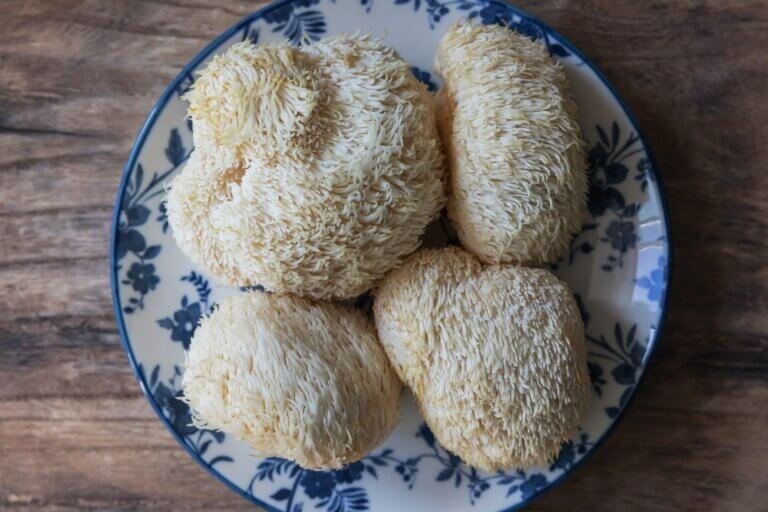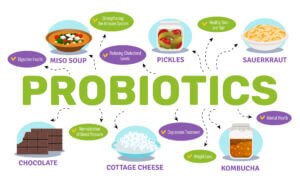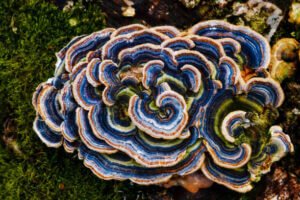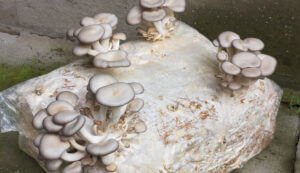Reishi Mushroom History
Humanity has endeavoured to improve the quality of life since before the discovery of fire, with archaeological evidence indicating that man has used mushrooms for more than 13,000 years. Ancient eastern civilizations have recognized the incredible health benefits that exist with many mushrooms.
 Asian rulers were sending envoys to search for plum trees or the ancient Hemlock named for the scientific genus of the tree on which they flourish, and there he was growing Ganoderma Lucidum “Rishi mushroom” on the trunks of three out of ten thousand trees.
Asian rulers were sending envoys to search for plum trees or the ancient Hemlock named for the scientific genus of the tree on which they flourish, and there he was growing Ganoderma Lucidum “Rishi mushroom” on the trunks of three out of ten thousand trees.
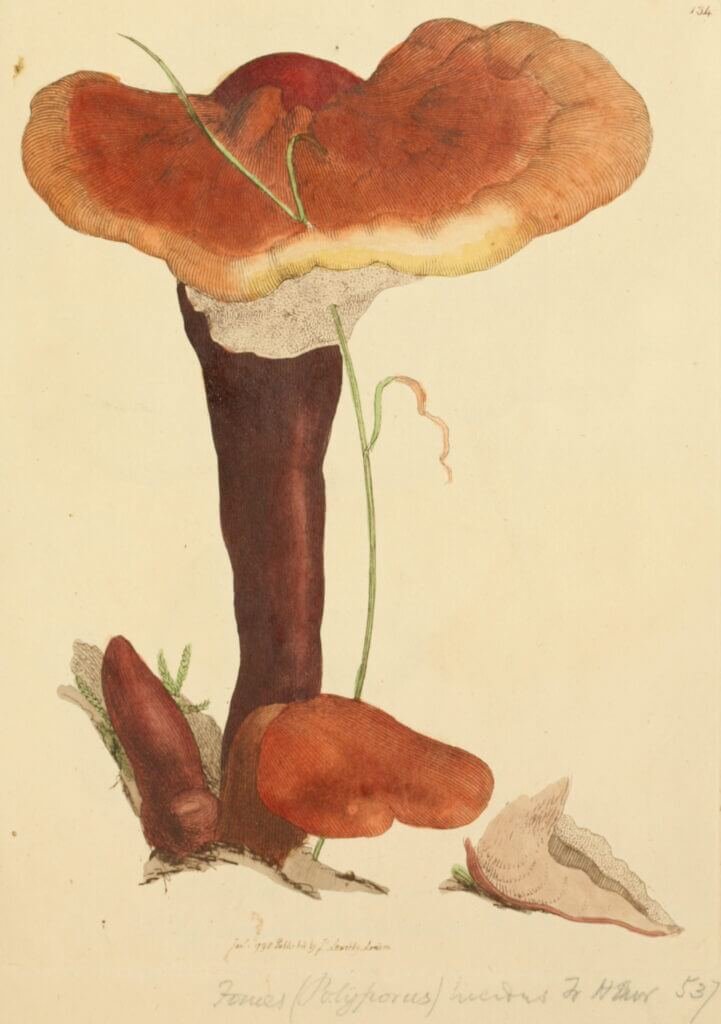
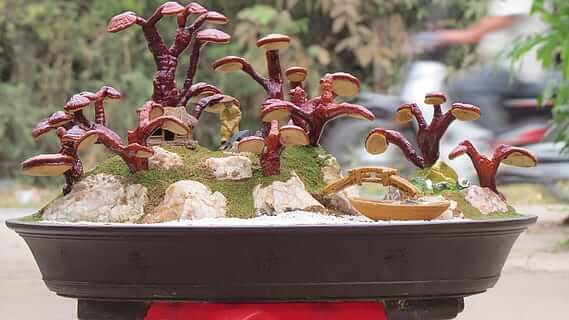
The Japanese called it Reishi or Mannetake, meaning “‘10,000-year mushroom”, and in China and Korea it is known as Ling Chu or Ling Zhi, “mushrooms of immortality” and “resurrection plant.”
Many cultures embraced the benefits of Rishi; The Romans considered mushrooms to be the “food of the gods,” and the Egyptians believed it to be a “gift from Osiris” and the Chinese considered it the “elixir of life.”
The benefits of Rishi mushrooms have been recorded over time, appearing in written documents dating back to the Han Dynasty (206B.C. – 8 A.D.). In these documents, Rishi was associated with happiness, a better future, good health, longevity and living among immortals.
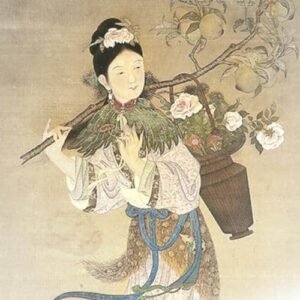 Reishi was so entrenched as an antidote in ancient Chinese culture that he was the focus of a Chinese fairytale, the “White Snake” In this fairy tale, the heroine, trying to save her lover’s life, tries to steal Rishi’s plant from the gods. and Emperor Yan, China’s first and most legendaryin the line of ancient rulers, is the founding father of agricultural practices and tools that have become the basis of China’s agriculture, and is also the attributable author of the Bible for medicinal plants: Shennong Ben Cao Jing alias. Shennong Ben Cao Jing alias. “Materia Medical”, wrote about Reishi : “If eaten customarily, it makes your body light and young, lengthens your life, and turns you into one like the immortal who never dies.”
Reishi was so entrenched as an antidote in ancient Chinese culture that he was the focus of a Chinese fairytale, the “White Snake” In this fairy tale, the heroine, trying to save her lover’s life, tries to steal Rishi’s plant from the gods. and Emperor Yan, China’s first and most legendaryin the line of ancient rulers, is the founding father of agricultural practices and tools that have become the basis of China’s agriculture, and is also the attributable author of the Bible for medicinal plants: Shennong Ben Cao Jing alias. Shennong Ben Cao Jing alias. “Materia Medical”, wrote about Reishi : “If eaten customarily, it makes your body light and young, lengthens your life, and turns you into one like the immortal who never dies.”
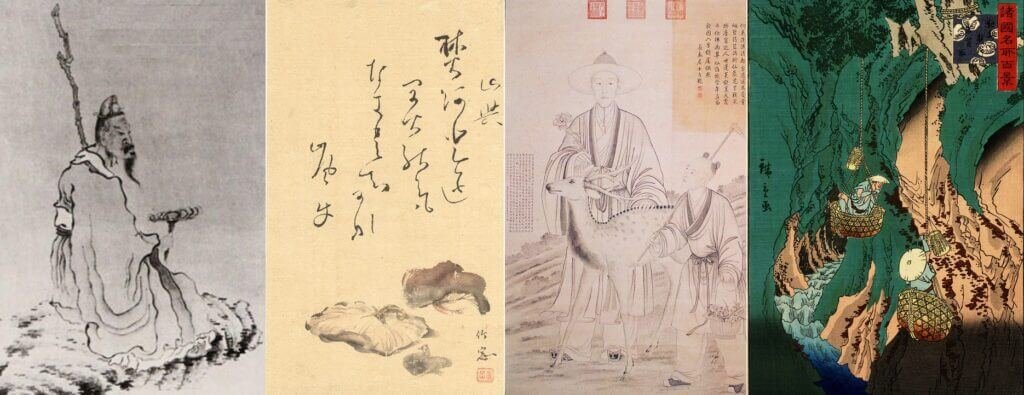
The scientific community did not begin to study the therapeutic properties of mushrooms until the late 1960s. Fortunately, scientific research has discovered abundant health benefits that confirm centuries of mysterious and wonderful uses by ancient Asian monarchs. Here are some potential benefits of Rishi fungus:
Alleviates Insomnia
Rishi covers all the foundations. It is a nervous booster to relieve alarm signals reaching the brain. In particular, feathers can relieve insomnia, especially when the problem of sleep comes from an active mind that will not overturn. The same mental disorder that interferes with sleep at night raises anxiety during waking hours, making feathers useful around the clock.
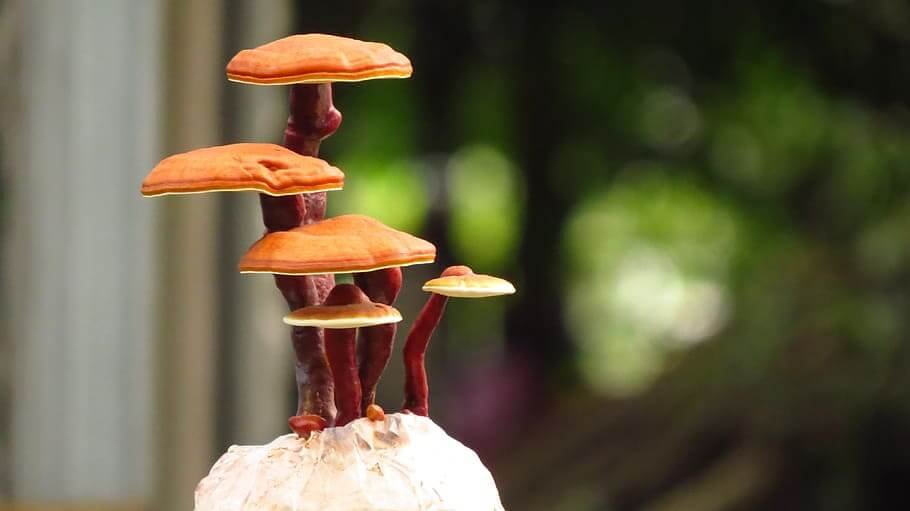
Adrenal Support
The neurological system detects stress, and the signal is sent to the brain’s executive centre “the hypothalamus“, which then passes the information to the adrenal glands, causing them to release stress hormones including cortisol and epinephrine “also known as adrenaline”. Therefore, the neurological system as well as the HPA or Hypothalamic-Pituitary-Adrenal axis are targets for moderating the stress response.
Anxiety Relief
Reishi also seems to work on HPA by improving adrenal function itself. This makes Reishi an excellent herbal option to calm the mind, relieve anxiety, promote sleep, focus, and enhance greater flexibility of stress over time.
Reishi as an adaptogen mushroom and its ability to enhance our ability to deal with life's curve balls.
Strengthening the immune system and health care

One of the most important effects of feathery fungus is that it can boost your immune system, as it is used as an immune stimulant by AIDS and cancer patients. Active ingredients include both beta-glucan polysaccharide and triterpin. Laboratory studies have shown that feathers can affect the genes of white blood cells, which are important parts of your immune system. Moreover, old studies have found that some forms of feathery may alter inflammatory pathways in white blood cells.
One study in 2006 found that feathers could increase the number of other white blood cells in those with colorectal cancer. In another old study, mushrooms improved lymphocyte function, which helps fight infection and cancer, in athletes exposed to stressful conditions.
Anti-cancer properties
Some research has also investigated whether feathers can be beneficial for prostate and colorectal cancer due to their effects on inflammation and some of the signaling pathways involved in cancer development.
Furthermore, one audit noted that mushrooms can benefit people with cancer when used alongside traditional treatment by increasing the activity of white blood cells and improving the quality of life. It helps reduce blood sugar, increase good cholesterol, reduce triglycerides.
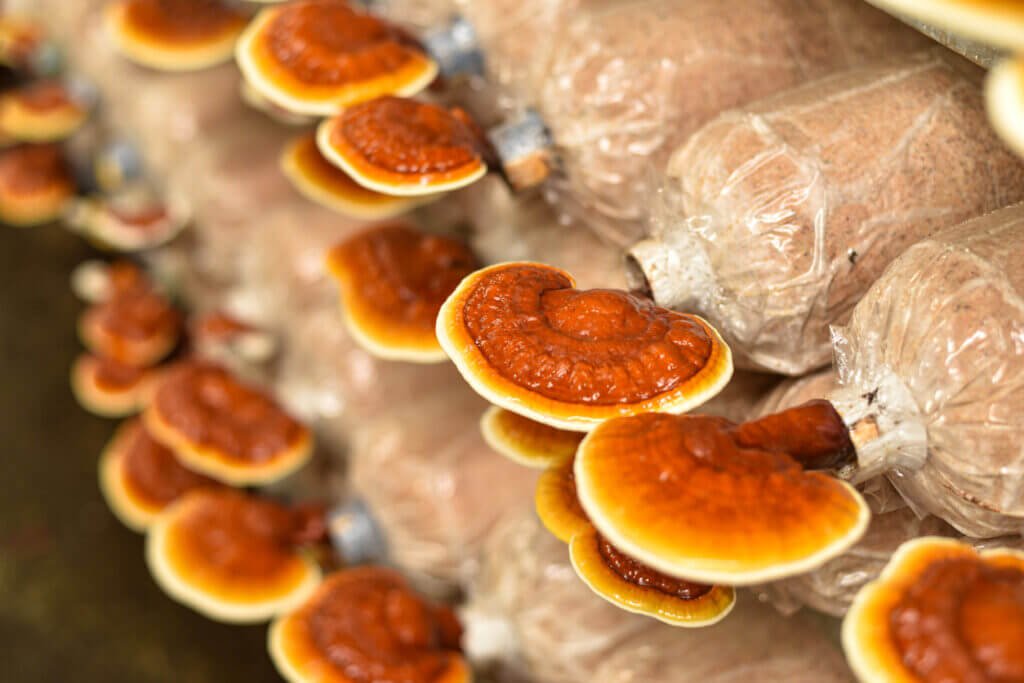
Protecting the brain
There seems to be a connection between beta-amyloid plaque growth and brain ageing.
One of the main symptoms of Alzheimer’s disease is the buildup of these proteins, which is thought to signal the start of cognitive decline.
Reishi may aid us in this fight by:
- Preventing neuronal death.
- Minimising or preventing the inflammation that beta-amyloid causes.
- Preventing the damaging effects of beta-amyloid on synapses.
- Reducing brain inflammation to halt age-related cell alterations in the brain.
These results are likely related to Reishi’s all-around anti-inflammatory qualities.

Cardiovascular health is promoted
It is worthwhile to look into any tool that could be added to the toolbox in the fight against heart disease, the leading cause of death worldwide. Research on this element of the health benefits of reishi mushrooms is conflicting, but it does show some encouraging results.
How To Use Reishi Mushroom
There’s a reason Reishi can’t be found in the produce section alongside other mushrooms: The mushroom shouldn’t be used in cooking since the conk is hard and woody and has an unpleasant taste.
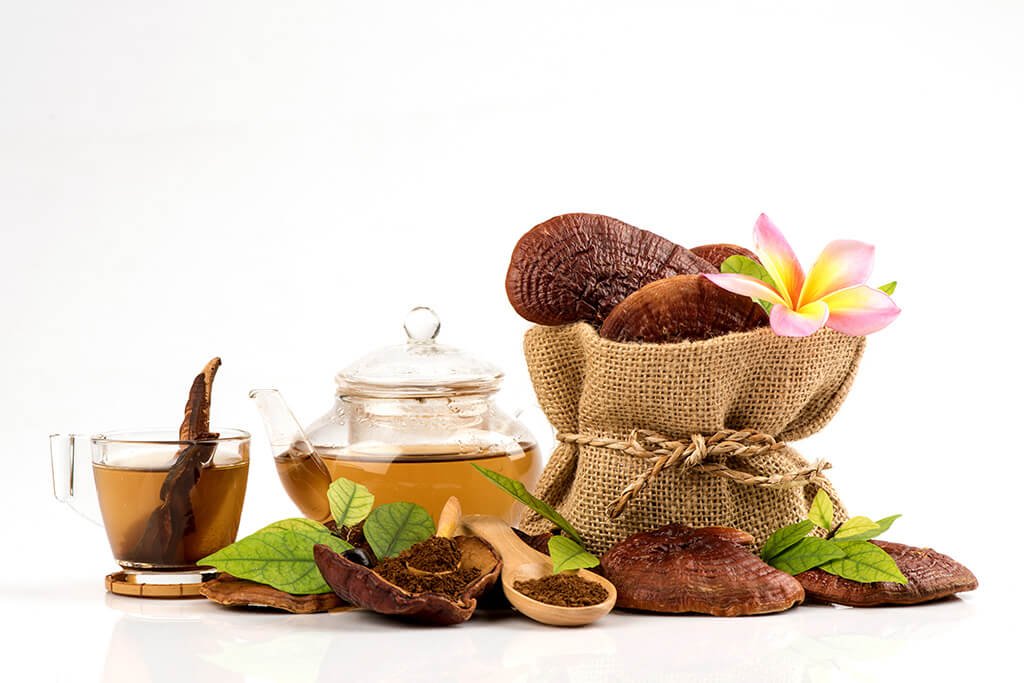
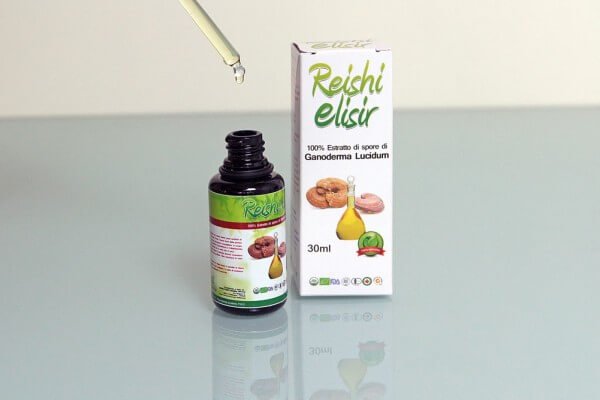
There are several methods to ingest reishi mushrooms. Here are a few possibilities:
- Powdered reishi mushrooms
- capsules of reishi mushrooms
- Reishi mushroom extract in liquid
- Powdered reishi spores
- spore oil from reishi
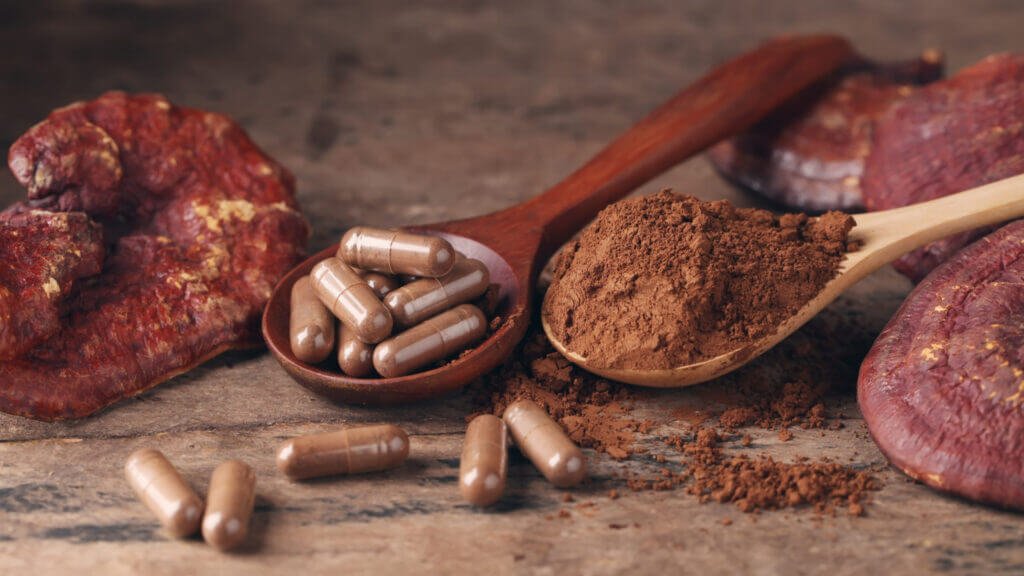
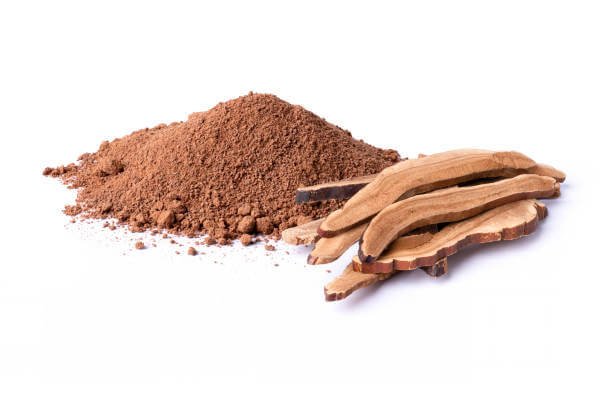
One can eat reishi mushrooms. However, because to its tough texture, this herb is challenging to eat while it’s fresh. It is often powdered and dried for this reason.
Add powdered reishi mushroom as an ingredient in meals such as fried rice, stir-fry dishes and porridge. Use it to expand nourishment in your smoothies. Tap this powder to create mushroom coffee.
Tea is another popular delivery method for the magic of Reishi.
It’s similar to a hot water extract, which delivers the medicinal benefits of the mushroom fruiting body in a bitter tasting tea. It can be “enjoyed” hot or brewed in large batches and placed in the fridge for use throughout the week.
Brew reishi mushroom tea by simmering the mushrooms in water for at least 30 minutes. You can add honey or other sweeteners to taste.
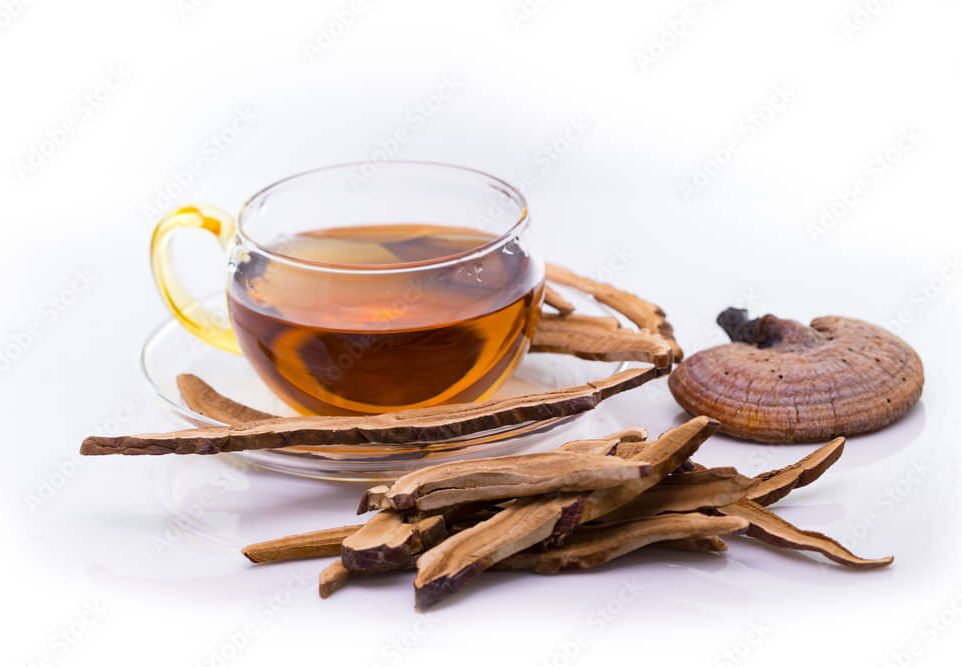
As a general tonic, reishi mushrooms are beneficial to health. The normal daily intake of reishi mushroom powder for general maintenance is between one and fifteen grammes.
The dosage might range from 2 to 5 grammes for more serious health concerns.
Overall, reishi is a fascinating mushroom with a long history of use in traditional medicine. While more research is needed to fully understand its potential uses and benefits, it is considered safe for most people when consumed in moderation. Reishi can be found in supplements, teas, and other health products, and may be worth exploring as a natural way to support immune health and overall well-being.


